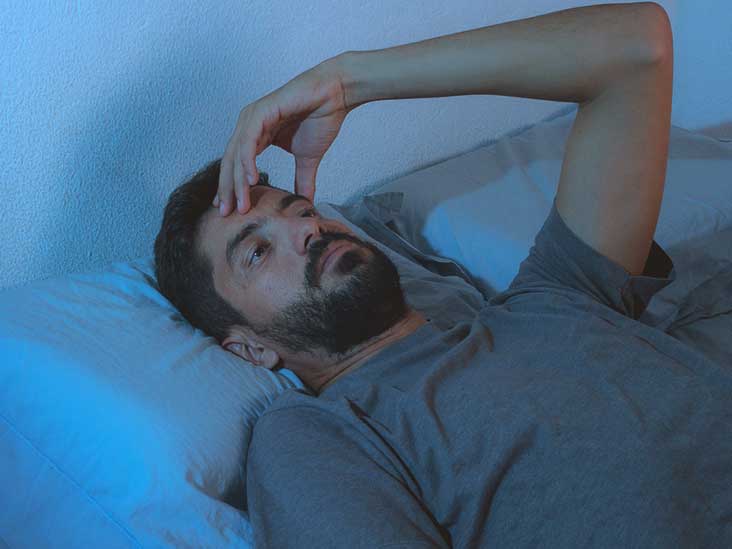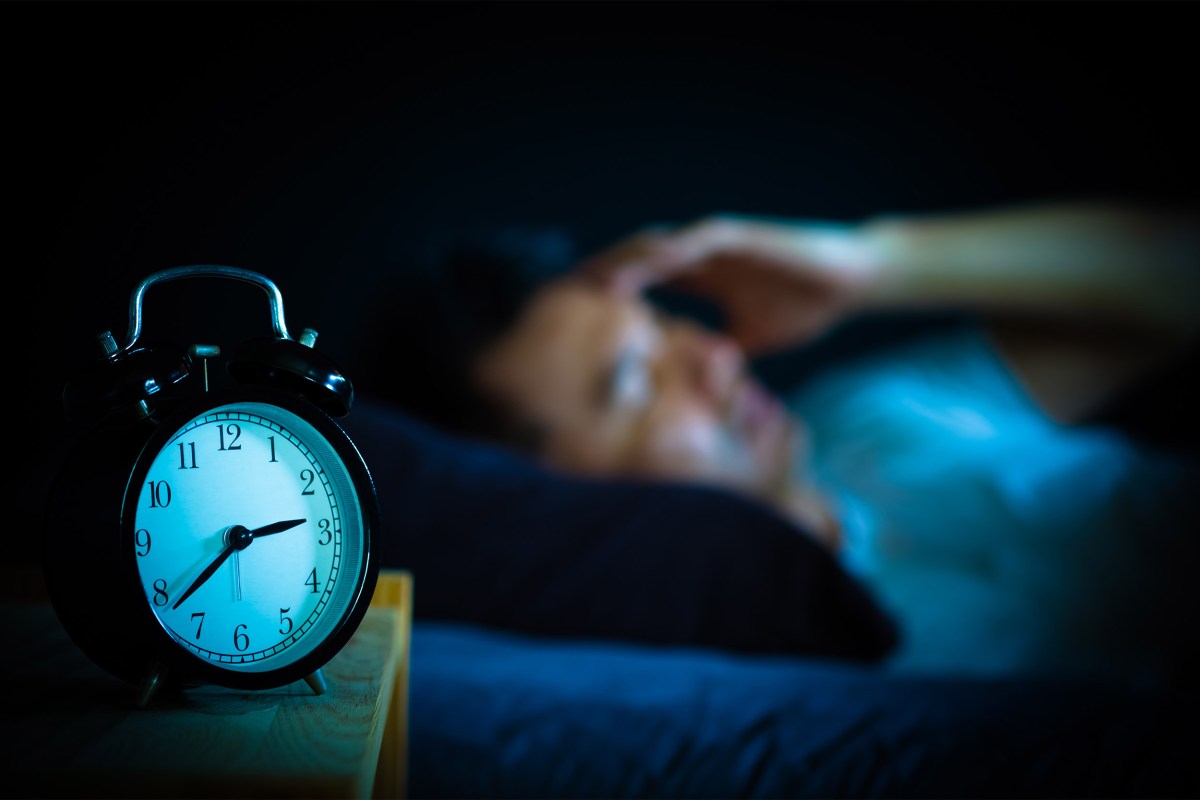Daytime can be easy for people with asthma. However, the night offers a different scenario. Nocturnal asthma can have people coughing, wheezing, and experiencing shortness of breath and tightness in the chest, which can all prevent one from enjoying quality sleep.

Some people are vulnerable to asthma triggers such as dust mites, allergens, and temperature changes at night. Also, lying flat on the back worsens post-nasal drip, another trigger for an asthma attack. To ensure these external factors for nocturnal asthma are addressed, clean the bedroom before hitting the sack, suggests Dr. Lisa M. Cannon. Though it can be tempting to head straight to bed without minding the sleep environment, minimizing the risk of being exposed to dust mites ensures improved air quality before sleeping.

Wash the sheets weekly. If possible, wash and beddings and blankets in hot water once per week to kill most allergens and dust mites. Dry the sheets using the hottest drying option possible. Avoid covering the bed with damp sheets, as doing this can encourage molds and mildew to grow. Animal dander, pollen, and dust mites may enter through the window. Close the window if possible but ensure proper ventilation to prevent the air from being stale.
Dry air is any asthmatics enemy. According to Dr. Lisa M. Cannon, it would be helpful to use both a humidifier and an air purifier to prevent sore throat and post-nasal drip in the morning. Elevate the upper body to avoid post-nasal drip that may lead to an asthma attack.
Dr. Lisa M. Cannon earned her medical degree from New York College of Medicine and her fellowship in pulmonary disease, critical care, and sleep medicine from Mount Sinai Hospital. For more updates like this, visit this blog.

















